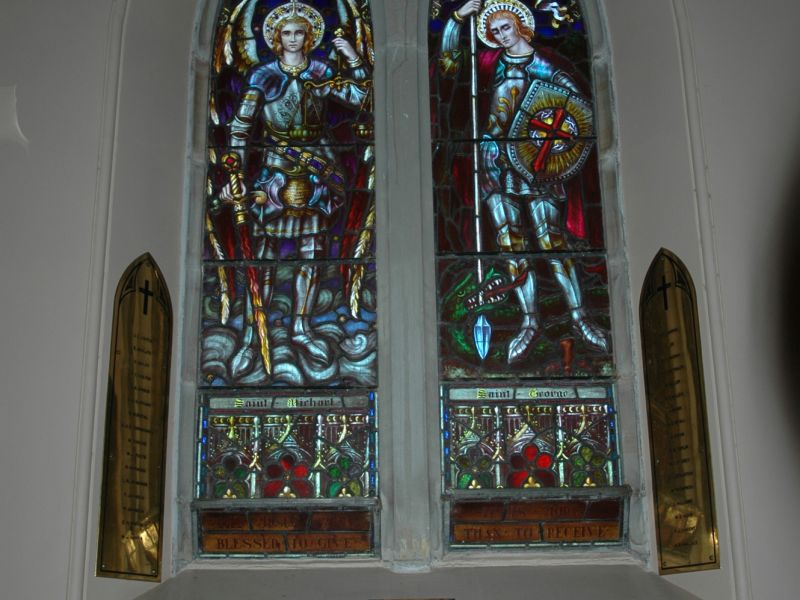5744 Private POPLIN “Guy” William
2nd Australian Infantry Battalion, 18th Reinforcements
Guy was born in 1887 at Coolabah Station, Nyngan. He was the 3rd and youngest son of Mr Alfred Poplin (deceased) and Mrs Louisa Poplin nee Besnard. Guy attended Young District School. Guy enlisted on 10 January 1916 at Cootamundra, as a Dentist. His next of kin was his Mother, Louisa Poplin, Edward Street, Young.
He embarked on HMAT A55 Kyarra on 5 June1916 from Sydney, arriving Plymouth on 3 August.
On 23 September Guy embarked for France and on 1 October, was taken on strength of 1st Australian Brigade, 1st Division, 1st Battalion (ABDB) at Staples. On 13 October he joined 2nd Battalion. He was at the School of Instruction from 21 June to 21 August. On 19 September 1916 Guy went on furlough for a month.
On 17 January 1917, Guy was detailed for duty with the Dental Corps and returned to his Unit 8 December 1917. On 28 February 1918 he went on leave to Paris for a month. Guy’s medical records indicate he first became ill, in France on 26 March 1918. He was transferred from the field to 3rd Canadian General Hospital on 31 March; sent to Hillsborough Red Cross Hospital England aboard the HMS Brighton on 2 April; to the 3rd Australian Auxiliary Hospital Dartford on 20 May; and finally left England for Australia on 7 June 1918.
Guy arrived in Sydney, on the Hospital Transport SS Essex, on 1 August 1918 where his illness was specified as nephritis. He was discharged from the Army before being admitted to 4th Australian General Hospital Randwick on 4 September 1918. Guy died in Randwick hospital of uricemia and chronic nephritis on 23 October 1918, aged 30 years. His funeral was held in St John’s Anglican Church Young. He is buried in the Young Cemetery (D4 – 4). His death certificate describes Guy as a Soldier and a Dentist.
A Young Witness newspaper report Tuesday 29 October 1918 says of Guy, and his funeral:
“When the sad news reached Young the sorrow was general for the deceased was exceedingly popular and known to almost everybody in the town. . . he engaged in the dental profession and when he enlisted about two years ago, sacrificed his life’s prospects to serve the Empire and to uphold the fair name of his native land. . . the service seemed more solemn than usual, for the realisation came to many that neath the flag hidden coffin reposed what was mortal of one whose life had been given for every person present within the church’s sacred walls".
